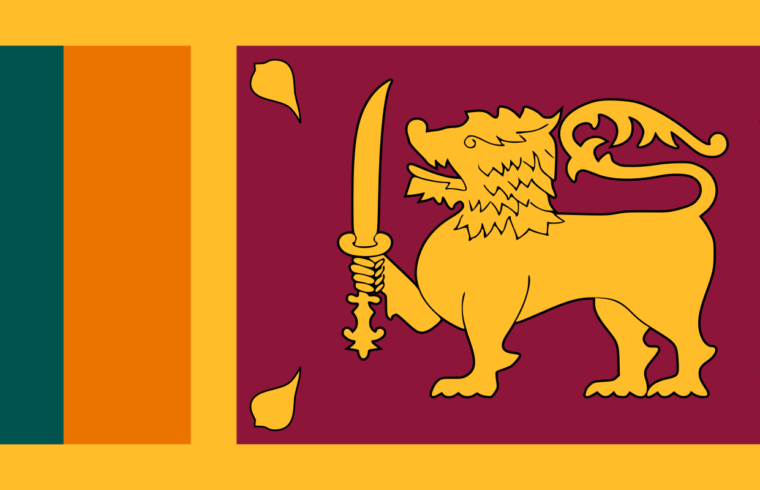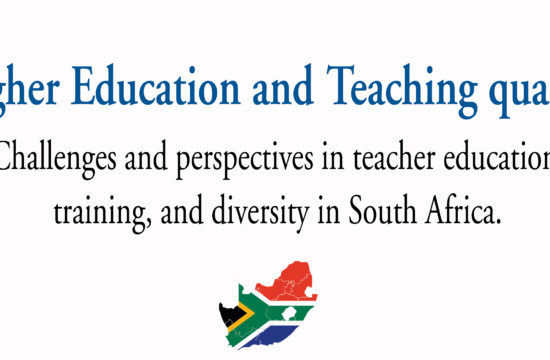Angela Wijesinghe
President, All Ceylon Union of teachers (ACUT) – SRI LANKA
These are invariably difficult times all over the world, with the covid 19 pandemic affecting every aspect of people’s lives and the resultant destructive effect on the economies of almost all countries.
However our main concern as teachers and educacational personnel, is the effect of it on the education and welfare of our children, our greatest treasure. In this regard I would like to focus on one aspect which is affecting equal opportunities in education for all, of which we are highly concerned.
Online Learnng – Is it widening
educational inequalities ?
It is acknowledged that a number of benefits can be accrued through online learning. In addition, in the absence of a viable alternative, governments are compelled to resort to this method to continue the education of children uninterrupted.
Education system in Sri Lanka has been providing education for all children from Grade 1 upto the 1st University Degree, free of charge from as far back as 1945.
Still, because of the worsening Covid 19 pandemic situation, the government has been compelled to close down schools and other educational institutes for relatively long periods of time and resort to online education as an alternative. However, our concern is that the following issues are now affecting just and fair educational opportunies for most of our children.
• At the heart of free public education system operational in Sri Lanka is the traditional classroom which has functioned as a leveller to some extent, bringing students from different economic and cultural backgrounds to a common shared space.
• But the recent introduction of online education has shifted a significant portion of learning to the student’s home, inspite of the fact that many of our students do not have a learning environment within their homes that is free of disturbance from other members of their families.
• Further the online teaching excludes students who do not have the economic wherewithal to purchase the equipment and internet data necessary to connect with their peers and teachers.
• Also the children find online education much more stressful, in addition to the loss of joyful relationships with their peer groups. Hence teachers complain that in a class of about 35-40 children only about 15-20 join the online classes regularly
• These realities do not seem to have been taken into consideration when hurriedly shifting to online education.
• It must be emphasised that the shift to online education should not lead to aggravating the inequalities already entrenched in our educational settings.
• With this shift towards online learning, teachers are also often shamed for not having aquired new technological skills.
• Basic to the Philosophy of free public education is that, under no circumstance, should education become a marketable commodity that can be exploited to make commercial profits.
• Also opting for online learning may pave the way for commercial interests to enter the free public education space, introducing a dependency on businesses for educational activities and curtailing its academic autonomy.
• The pressure by the world lending organisations to open up the education sector for foreign investments will also be intensified specially in developing states, further aggravating the situation.
• Embracing online learning platforms can also make it easier for the State to justify its future decisions to reduce spending on education, using it as a cost-cutting measure.
Rethinking free public education
• No online platform can ever replace the vibrant classrooms.
• The classroom is not just a space for learning, but is also a site where students interact with one another across the social and cultural boundaries that separate them and build lasting bonds, friendships and solidarities.
• The universities in Sri Lanka, have seen many legitimate struggles, where for eg. students and teachers have powerfully raised their voices against privatisation of education, which has so far pevented to a large extent that shift in Sri Lanka
• The measures taken today to address the challenges caused by the pandemic should in no way damage this shared physical space that have nourished ideas and conversations over the decades.
• Hence free education will not be truly transformative, unless the State takes robust measures to ensure that students do not find themselves in unequal situations in all spaces that they occupy.
• Hence, just as much, right to life is a human right, the right to free public quality education for every child also must be declared as a human right that no government should violate. It is towards this end that those concerned world organisations should be directing their efforts which hopefully will bear fruit in the near future, to ensure that justice is done to every child born into this world.








